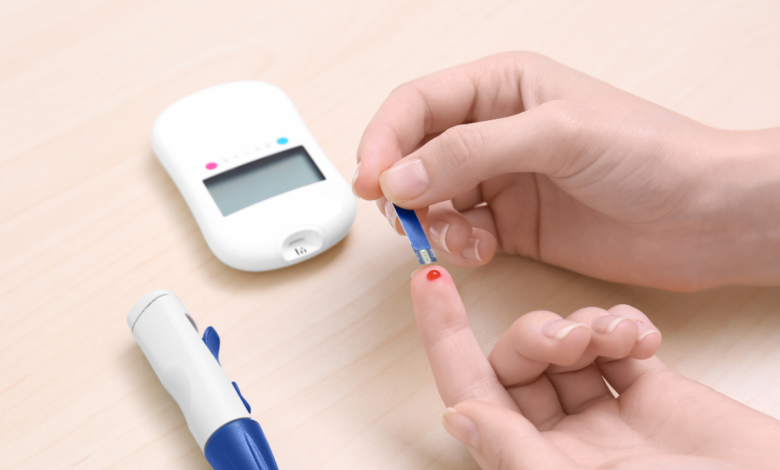PCOD Tests
Glucose Tolerance Test

What is Glucose Tolerance test?
A glucose tolerance test (GTT) is a medical procedure used to assess how well your body processes glucose, a type of sugar. During the test, you will be given a sugary drink and your blood sugar levels will be monitored over time.
Why Glucose Tolerance test is required?
A GTT is often used to:
- Diagnose diabetes mellitus, a condition characterized by high blood sugar levels.
- Assess the risk of developing gestational diabetes during pregnancy.
- Monitor the effectiveness of diabetes treatment.
- Evaluate the function of the pancreas, which produces insulin, a hormone that helps regulate blood sugar levels.
Which are the method of Glucose Tolerance test ?
There are two main types of GTT:
- Oral Glucose Tolerance Test (OGTT): This is the most common type. You will be asked to fast overnight and then drink a sugary solution. Blood samples will be drawn at regular intervals to measure your blood sugar levels.
- Intravenous Glucose Tolerance Test (IVGTT): This test is less common and involves the injection of glucose directly into your bloodstream.
Who should go for Glucose Tolerance test ?
Individuals who may benefit from a GTT include:
- People with symptoms of diabetes, such as excessive thirst, frequent urination, or weight loss.
- Pregnant women, especially those at high risk for gestational diabetes.
- Individuals with a family history of diabetes.
- People taking medications that can affect blood sugar levels.
What are the results of Glucose Tolerance test ?
The results of a GTT are typically expressed as a series of blood sugar measurements taken at different time points. Abnormal results may indicate diabetes or other conditions. It’s important to consult with a healthcare provider to interpret the results and discuss appropriate next steps.
What are the components of Glucose Tolerance test ?
A GTT typically involves the following:
- Fasting overnight
- Drinking a sugary solution
- Blood draws at regular intervals
- Monitoring blood sugar levels





